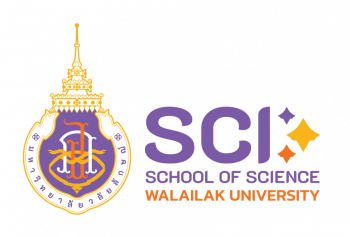Dengue and Zika Prevention Campaign (TICA)

To achieve the ambitions of dengue and Zika control and prevention in developing countries, we need a vibrant, technology-oriented, and dynamic workshop. We are part of chief scientists leading the GLOBE mosquito protocol and have been testing and implementing the GLOBE mosquito protocol in Thailand for over 15 years. Walailak University will provide challenges to community leaders, NGOs, and educators in developing countries where mosquitoes are primary vectors for several vector-borne diseases. We will use inquiry-based learning, a research-based approach, and a hands-on workshop that will stimulate and inspire everyone to practice. Understanding the actual impacts of climate change in mosquito-borne diseases is critical for purposes of sustainability and moving in the right direction.
Under the Center of Excellence for Ecoinformatics, School of Science, Walailak University, we have more than 15 years of experience implementing GLOBE atmosphere protocols (i.e. air temperature, relative humidity, rainfall, rain pH, cloud types, and cloud cover), hydrology protocol (i.e. water temperature, pH, transparency, conductivity, and salinity) and GLOBE Mosquito Habitat Mapper App. We are experts on utilized weather, hydrology, and mosquito data for dengue and Zika control and prevention and frequently do training for schools and communities in various countries e.g. the US. and southeast Asia and Pacific region (Thailand, Vietnam, Palau, and New Zealand). Training in dengue and Zika prevention campaign using the GLOBE Mosquito Habitat Mapper App at Walailak University will create awareness, provide knowledge and management skills, disseminate and replicate best practices on mosquito control and mitigation approaches for reducing dengue and Zika risk areas and improve the quality of living in developing countries
SDGs corresponding to this project




1. SDG 3 on Good Health and Well-being.
SDG3D: Strengthen the capacity of all countries, in particular developing countries, for early warning, risk reduction and management of national and global health risks.
SDG3.9: By 2030, substantially reduce the number of deaths and illnesses from hazardous chemicals and air, water and soil pollution and contamination.
2. SDG11: Sustainable Cities and Communities
3. SDG12: Responsible Consumption and Production
4. SDG 13: Climate Action
